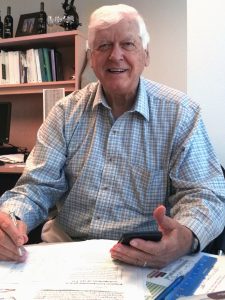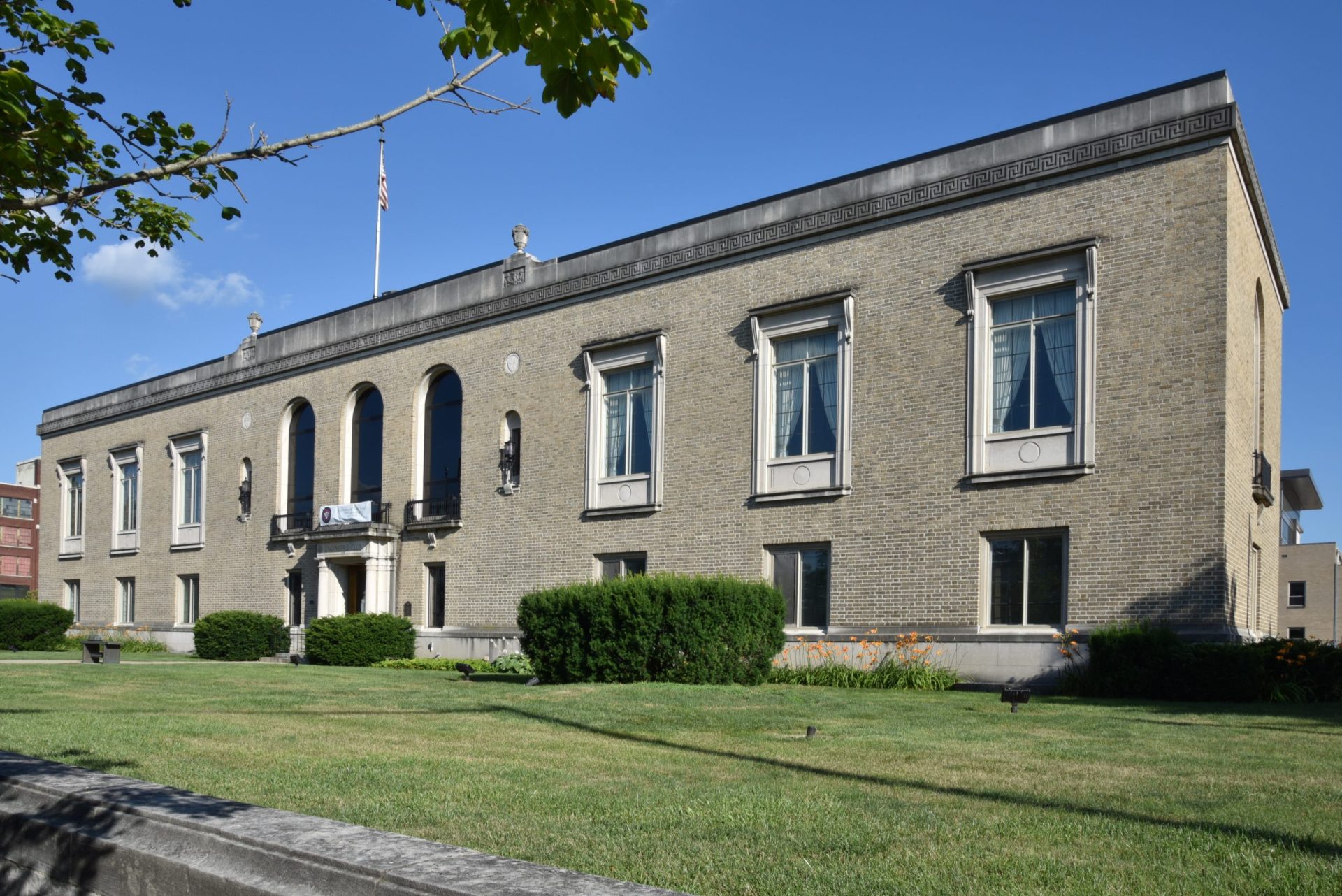
1931-1987
Discovered Restrictive Enzymes
Hamilton O. Smith was born on August 23, 1931, in New York City. He was the son of Othanel Smith, a professor of education, and Evelyn Smith. Smith showed an early interest in science, and he graduated from University Laboratory High School of Urbana, Illinois, in 1949. He then went on to earn a B.A. in mathematics from the University of California, Berkeley, in 1952 and an M.D. from Johns Hopkins University School of Medicine in 1956.
After completing his medical degree, Smith did a residency in internal medicine at Barnes Hospital in St. Louis. He then joined the faculty of the Johns Hopkins University School of Medicine, where he began his research on restriction enzymes. In 1970, he discovered the first Type II restriction enzyme, HindII. This discovery was a major breakthrough in molecular biology, and it made it possible to cut DNA at specific locations.
Smith’s work on restriction enzymes has had a profound impact on many fields, including medicine, biotechnology, and forensics. He is a co-recipient of the 1978 Nobel Prize in Physiology or Medicine for his work on restriction enzymes. He is also a member of the National Academy of Sciences and the American Academy of Arts and Sciences.
Smith retired from Johns Hopkins in 2000, but he continues to be active in research. He is currently a distinguished professor emeritus at the J. Craig Venter Institute.
Here are some of his other scientific achievements:
- Studied the DNA transformation mechanism in Haemophilus influenzae Rd.
- Sequenced the genome of H. influenzae Rd.
- Participated in the sequencing of the Drosophila and human genomes.
- Led the development of the first synthetic cell.
- Designed and synthesized the first minimal bacterial genome.
Smith is a brilliant scientist who has made significant contributions to our understanding of DNA and its applications. He is a true pioneer in molecular biology, and his legacy will continue to inspire scientists for generations to come.
References:
Hamilton O. Smith. Wikipedia.

